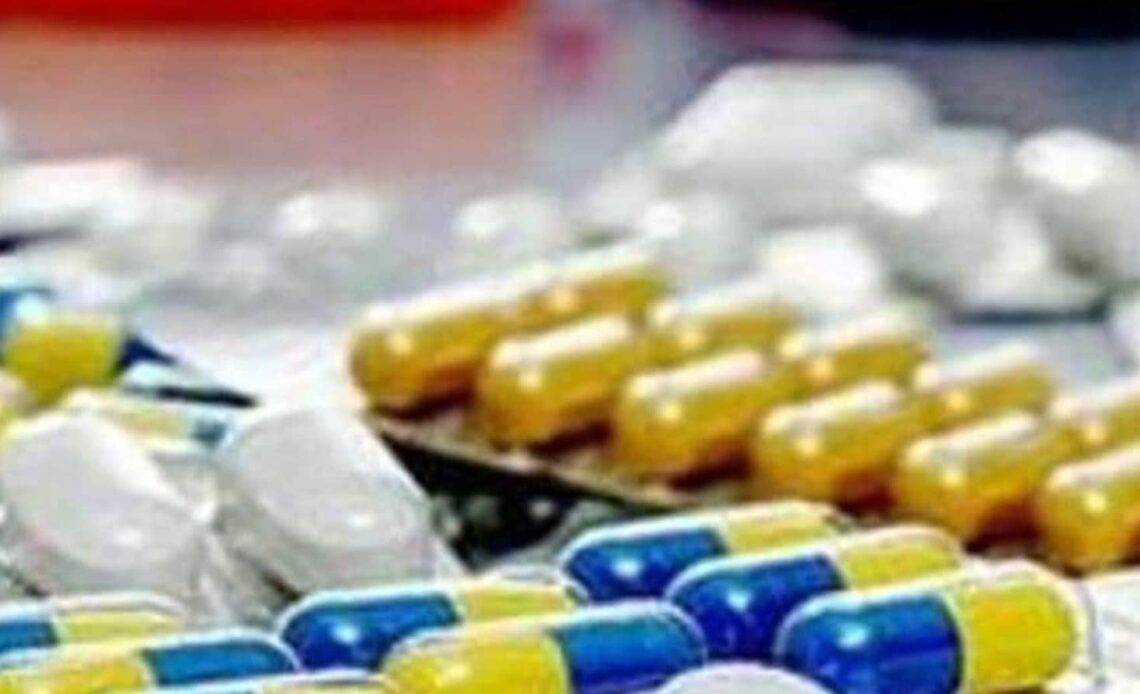
In revised treatment guidelines, the World Health Organization (WHO) has strongly advised to use two antibody drugs-Sotrovimab and Casirivimab-Imdevimab-for patients with COVID-19, adding that these are likely to be ineffective against the variants currently in circulation such as omicron.The journal, led by the WHO International Experts Guidelines Development Group and published in the Reading Committee The BMJ on Friday, replaces the previous conditional recommendations for the use of the two drugs.
These drugs act by binding to the SARS-COV-2 advanced protein, neutralizing the virus capacity to infect cells. Both had received the authorization to use emergency by the American FDA for the treatment of the severe COVID-19, because the previous trials showed a certain effect against the delta variant of the virus, which had ravaged the world during the Most of 2021. “After weighing all the evidence, the panel judged that almost all well-informed patients would not choose to receive Sotrovimab or Casirivimab-Imdevimab,” read the note. During the high recommendation against the use of monoclonal antibodies for patients with COVID-19, the group considered in vitro neutralization data (based on the laboratory).
“… Sotrovimab and Casirivimab-Imdevimab evaluated in clinical trials have significantly reduced the activity of neutralization of the currently circulating variants of Sars-Cov-2 and their subvints. There was a consensus among the panel that the absence of in vitro neutralization activity strongly suggests the lack of clinical efficiency of these monoclonal antibodies, “they said.
Experts in India say that it is good that who officially updated the directives because there was enough evidence to suggest that monoclonal antibodies will no longer work. “In major Indian cities, antibodies were used on certain patients, but it was in the previous wave. These drugs are directed against advanced protein and any change in the advanced protein would mean that they will not work unless the drugs are also modified. The Ministry of Health had already indicated this and now even who has announced, which is perfectly logical, “said Dr. Yatin Mehta, president of the Institute of Intensive Care and Anesthesiology, Medanta-The Medicity, Gurugram.


